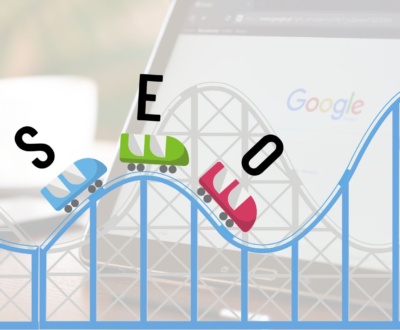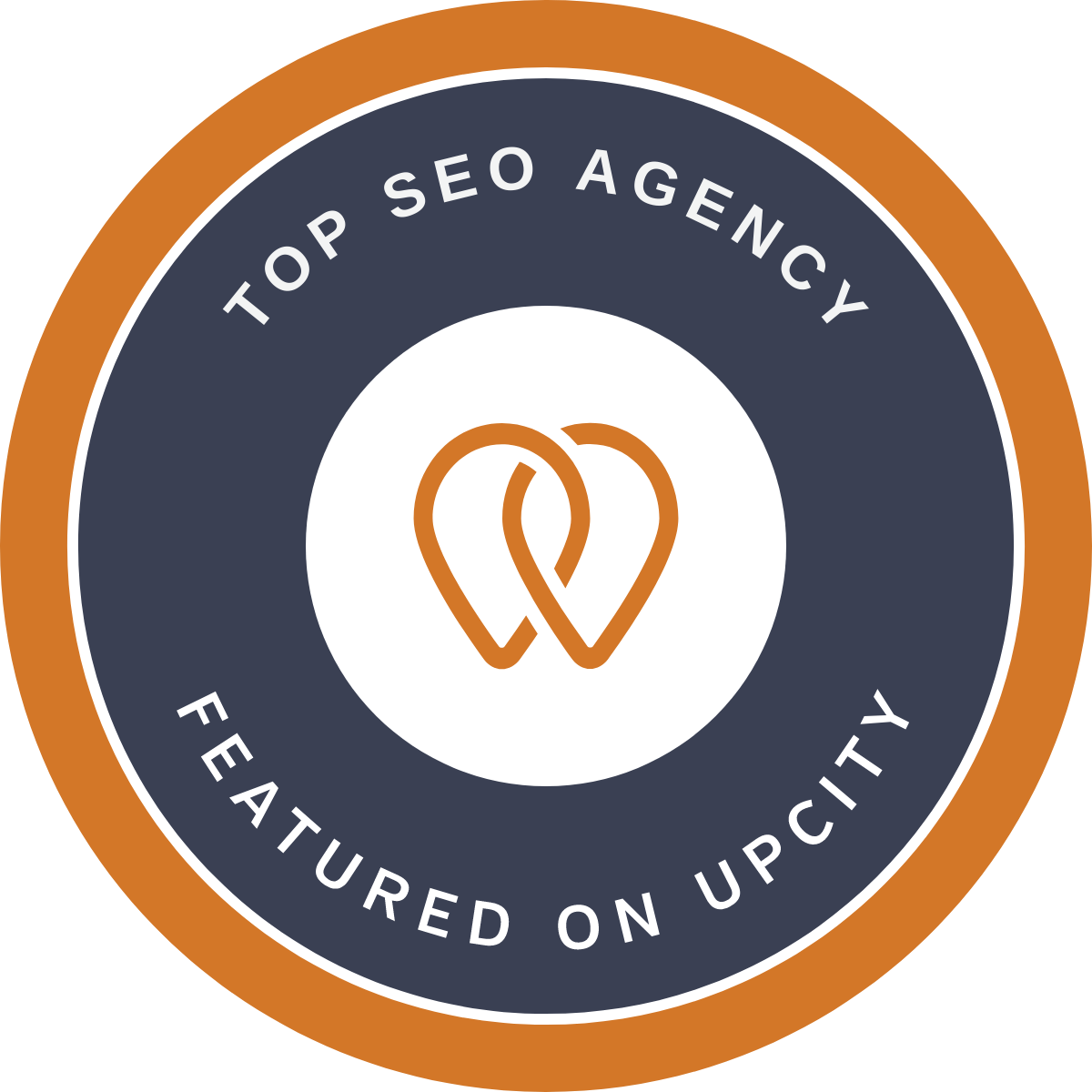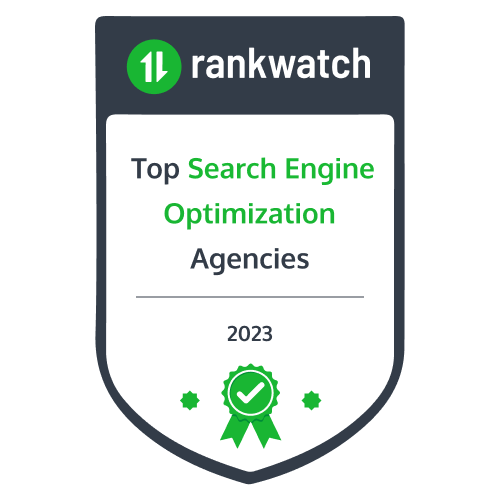In today’s competitive digital landscape, small businesses in Central Texas and beyond are constantly searching for effective ways to reach their audience online. While many business owners know the importance of search engine optimization (SEO) for organic traffic, and pay-per-click (PPC) advertising for quick visibility, few realize the powerful synergy created when these strategies are combined. By aligning SEO and PPC, businesses can increase brand exposure, attract qualified leads, and ultimately improve their online performance. Here’s why combining PPC and SEO is a game-changer for small business growth.
1. Enhanced Brand Visibility
For small businesses competing with larger corporations, gaining visibility is a key challenge. While SEO strategies can secure high rankings for relevant search terms, it takes time to see organic results. That’s where PPC steps in. Paid ads allow businesses to rank on the first page of search engines almost immediately, creating immediate visibility for valuable keywords. When PPC ads appear alongside organic search results, it reinforces your brand presence on the page, making it more likely that users will click on one of your links, whether it’s organic or paid.
Combining these strategies can be especially effective in industries like search engine optimization, where competition for keywords can be intense. By using PPC to target high-priority keywords and SEO to build long-term ranking strength, small businesses create a “double exposure” effect that builds brand familiarity and trust over time.
2. Data-Driven Optimization
One of the significant advantages of running both PPC and SEO campaigns is access to a wealth of data. PPC campaigns, which yield immediate performance data on keywords, audience segments, and ad copy, provide valuable insights that can inform your SEO strategy. For example, by analyzing which PPC keywords have the highest click-through rates (CTR) or conversion rates, businesses can refine their SEO keyword targeting to focus on terms with proven impact.
Similarly, website design elements that resonate with users in paid campaigns can be tested and incorporated into your overall website for organic visitors. This approach ensures that both SEO and PPC are continually optimized to work in harmony, driving better results across the board. With data-driven strategies, businesses can improve the efficiency of their campaigns, reduce costs, and boost conversions.
3. Maximizing Click-Through Rates (CTR)
SEO alone can be powerful, but when combined with PPC, small businesses can achieve higher click-through rates and attract more qualified leads. Studies show that when both an organic result and a PPC ad appear on the first page, users are more likely to click. This tactic is called “SERP domination,” as it allows you to occupy more real estate on search results pages. For users, seeing both an organic listing and a paid ad for the same business implies authority and relevance.
For example, if a customer searches for “local SEO services in Central Texas,” and your business appears in both the organic results and a PPC ad, they’re more likely to click on one of your links. This not only drives more traffic to your site but also helps to reinforce your brand’s position as a local leader in digital marketing.
4. Supporting Short-Term and Long-Term Goals
PPC is ideal for achieving short-term goals, like promoting a new service or a seasonal offer, while SEO works well for building a steady stream of organic traffic. When small businesses use both strategies together, they create a balanced approach to growth. PPC campaigns can drive immediate results, which can be especially useful for new businesses or during competitive seasons. Meanwhile, SEO helps to build the long-term visibility and credibility of your brand.
For example, while your PPC campaign promotes your SEO services for immediate exposure, your ongoing SEO efforts keep your website visible over time. This combination supports growth at all stages of your business’s journey, providing flexibility to adjust campaigns based on changing business needs.
5. Building Trust with Your Audience
Having both paid and organic search results for your business helps build credibility with potential customers. When users see your business multiple times on a search results page, it can signal that your brand is established and trustworthy. SEO builds trust by creating informative, high-quality content that answers user queries, while PPC ads reinforce this trust by showcasing your commitment to serving customers with targeted messages.
By integrating PPC and SEO, you’re creating a cohesive brand experience that establishes authority in the digital space. For small businesses aiming to make a lasting impact online, this combination can lead to increased brand loyalty and customer engagement. If you’re ready to get started with a comprehensive PPC and SEO strategy, contact us to learn how Heart of Texas SEO can help you grow.
Conclusion
For small businesses looking to compete and grow online, leveraging both PPC and SEO strategies offers the best of both worlds: instant visibility and sustainable growth. Together, they provide valuable insights, higher click-through rates, and brand credibility that can set your business apart. By aligning these strategies, you’ll build a strong foundation for long-term success, maximizing your reach and impact in a competitive marketplace.
If you’re needing assistance with combining SEO and PPC for small businesses, call on the Central Texas marketing experts at Heart of Texas SEO. We’ll help you get your campaign set up correctly, and with all the features you need to dominate and grow your business.
About us and this blog
We are a digital marketing company with a focus on helping our customers achieve great results across several key areas.
Request a free quote
We offer professional SEO services that help websites increase their organic search score drastically in order to compete for the highest rankings even when it comes to highly competitive keywords.
Subscribe to our newsletter!
More from our blog
See all postsRecent Posts
- Is Local SEO Worth It in 2025? June 2, 2025
- How Long Does SEO Take to Work? May 1, 2025
- Google Business Profile Suspended? Here’s How to Fix It and Get It Back Online April 15, 2025














